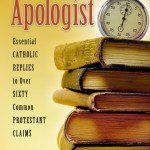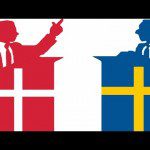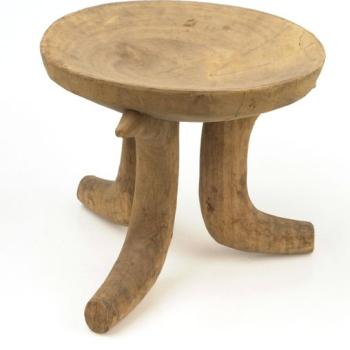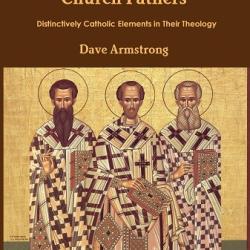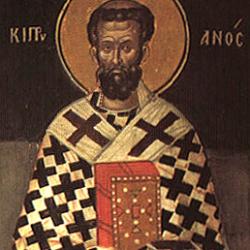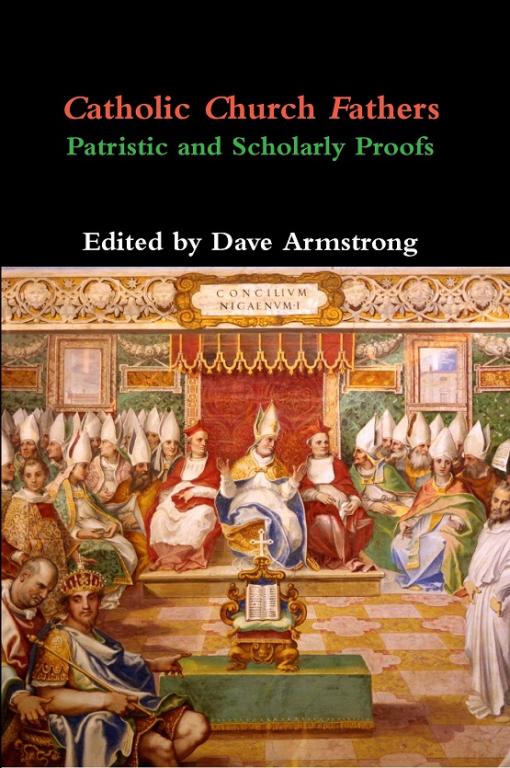
(revised on 28 August 2013)
***
Protestants and Catholics both claim that the early Church heritage of theology and broad consensus of the Church fathers leans more towards their own view. Protestants, from the beginning of their existence, claimed to be “reformers” of the Catholic Church; that is, they felt themselves to be hearkening back to the more pure doctrines of the early Church and the Church fathers, rather than overturning historic Catholic doctrine (what might be termed a “revolutionary” outlook, rather than a “reforming” one).
Whether the Protestant historic claims can withstand scrutiny and whether all that they stressed can be classified as a “conservative” return to what was held formerly, are separate and highly complex questions beyond our purview. Much of what will be presented in this book, however, will have relevance to that fundamental issue of what might be called “ecclesiological self-perception.”
*
The discussion of what the Church fathers believed, generally speaking (and in individual cases) must be undertaken by means of competing historical facts. The task of the patristic inquirer is to examine the relevant writings (for any given issue) of the fathers and make judgments of factuality and truth and falsity. It’s not a subjective enterprise but very much an objective one: it can be determined (fairly conclusively in most cases, I submit) what Church Father X believed about Christian doctrine or area of theology Y.
Church historians and other Christian scholars ought to be consulted often in the course of this pursuit, and non-scholars should be well aware of the complexity of this topic, and of their own inherent limitations of knowledge. A dose of intellectual humility is always a good thing. That said, laymen can also achieve a considerable degree of understanding on their own, especially with the easy availability of patristic resources on the Internet. No one can know everything on any given topic, but it doesn’t follow that an individual can’t know anything simply because he is not a trained academician.
Moreover, it should go without saying that inquirers ought not pick and choose and select certain passages and ignore or omit or deny the existence of others that may not fit into one particular theological schema or worldview or set of dogmas. Any seeker of “patristic truth” must take the greatest pains not to do this.
Church fathers can be wrong about things and contradict themselves or others, or the Church, just like anyone else. Catholics do not regard individual Church fathers as infallible. Nor do we think that broad patristic consensus is infallibility per se. But we do believe that this consensus is a strong indication of where the truth of historic Christian doctrine lies, and a key to the legitimate development of doctrine through the centuries.
I shall contend in this book, by means of massive documentation, that the “historical case” for Catholicism becomes stronger as the accumulation of patristic evidence piles up. Catholics need not fear patristic data any more than they need fear the Bible, as both (with all due respect to our esteemed non-Catholic Christian brothers and sisters) firmly support our theology and doctrine.
*
Lastly, I want to reiterate, especially to Catholic readers, that the more articulate and historically conscious among our Protestant brethren do not neglect or despise the Church fathers. They look to them as guides to true Christian doctrine, just as we do (with Scripture always being the overriding standard by which to judge any patristic opinion).
*
For example, the learned Lutheran systematic theologian Martin Chemnitz (1522-1586), who helped formulate the binding Lutheran confessions in the Book of Concord, wrote:
And we confess that we are greatly confirmed by the testimonies of the ancient church in the true and sound understanding of the Scripture. Nor do we approve of it if someone invents for himself a meaning which conflicts with all antiquity, and for which there are clearly no testimonies of the church. (Chemnitz, 208-209)
[W]e love and value greatly the true and sound interpretations which agree with the rules which we have quoted from the fathers. (Chemnitz, 211)
It is undeniably the truest of axioms that that alone is the true doctrine which the apostles transmitted and which the primitive church professed as received from the apostles. (Chemnitz, 225)
John Calvin (1509-1564) was described by a biographer as having a “precocious knowledge” of the fathers. He “read with close attention a great many works of the Fathers of the Church . . . until the end of his life he never ceased to deepen his thinking about the ancient Greek and Latin authors” (Wendel, 19, 123). Martin Luther (1483-1546), the founder of Protestantism, even went so far as to state:
This testimony of the universal holy Christian Church, even if we had nothing else, would be a sufficient warrant for holding this article [on the sacrament] and refusing to suffer or listen to a sectary, for it is dangerous and fearful to hear or believe anything against the unanimous testimony, belief, and teaching of the universal holy Christian churches, unanimously held in all the world from the beginning until now over fifteen hundred years. (in Bainton, 26; from the year 1532; primary German source: Werke [Weimar edition], XXX, 552)
With this background in mind, let us proceed to survey the beliefs of the Church fathers, particularly with regard to Catholic “distinctives.”
Chapters that include back-and-forth dialogues are based on real discussions with Protestants (mostly Lutherans, but sometimes Reformed / Calvinists) on the Internet. The words of my opponents will be paraphrased, but with the greatest care taken to preserve the nature and intent of their remarks, and to avoid any misrepresentation whatsoever.
*
[Note for revised 2013 edition: quotations from St. Augustine are no longer included, due to my separate book, The Quotable Augustine (Lulu, 2012); in order to avoid overlap and repetition for readers who purchase both volumes. I have also edited and published The Quotable Eastern Church Fathers (Lulu, 2013), to round out a “patristic trilogy.”]
SOURCES
Bainton, Roland H., Studies on the Reformation, Boston: Beacon Press, 1963.
Chemnitz, Martin, Examination of the Council of Trent, Part I, translated by Fred Kramer, St. Louis: Concordia Publishing House, 1971.
Wendel, Francois, Calvin: Origins and Development of His Religious Thought, translated by Philip Mairet, New York: Harper & Row, 1963.
****


